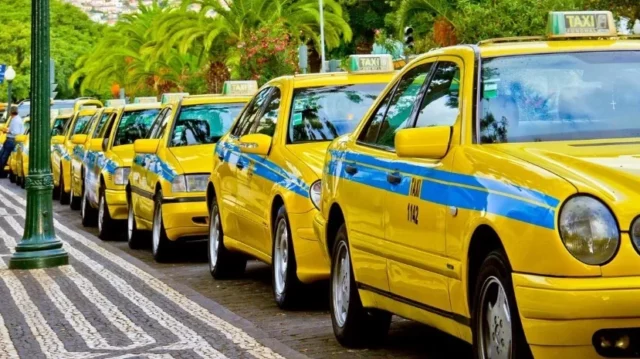Taxi federation says proposal to regulate the sector “opens up good prospects”
“We have no doubt that this is an excellent piece of work,” says the president of the Portuguese Taxi Federation.
The president of the Portuguese Taxi Federation said on Tuesday that the government’s proposal for the sector’s new legal regime creates “good prospects” and “opens doors that were previously closed”, with changes to fares and quotas.
“In our reading of the proposal, [it] effectively reflects the conclusions of the working group. If the final document corresponds to what’s in it, we have no doubt that it’s an excellent piece of work […], the result of negotiations between 13 [organisations],” said Carlos Ramos, speaking to the Lusa news agency.
The bill was approved by the Council of Ministers on Thursday and entered the Assembly of the Republic a day later. It will now be discussed and voted on in general in plenary, and then go down to the respective committee for specialised work.
According to Carlos Ramos, the executive’s decree creates “good prospects” for the sector and “opens doors” that until now had been closed, with the president of the Portuguese Taxi Federation (FTP) highlighting the possibility of a new territorial organisation, as well as the creation of “various regional or inter-municipal contingents”. On the other hand, he added, the document allows for the creation of “local, regional, seasonal, airport and Christmas fares”, which, in his opinion, “will allow us to respond to the needs of the territory”.
Whether we like it or not, the country is not all the same in terms of service provision,” he said. Carlos Ramos also emphasised the possibility of vehicles being able to work with a double fare, from the moment they operate with five passengers, as well as the end of empty return payments, with the existence of inter-city fares.
Asked if the government’s proposal would introduce more fairness into the sector, the FPT president replied: “It allows something that is fundamental for us. Organising ourselves to compete with the other hauliers.” “They do have an unregulated form of transport, they are fighting us illegally,” he said, referring to the individual and paid transport of passengers in uncharacterised vehicles using an electronic platform (TVDE).
The government’s bill proposes the aggregation of municipalities, to do away with the return fare and make journeys cheaper, make quotas more flexible and invest in digitalisation. The document is not far removed from the content of the final report of the working group for the modernisation of the Madeira airport taxi sector, coordinated by the Institute of Mobility and Transport (IMT), which pointed to three structural points for the new law: quotas, digitalisation of the market and tariffs.
The proposal is to make the current geographical and quota restrictions more flexible, to digitalise the services provided with a view to modernising the sector, as well as to review and simplify the pricing model and adapt it to the new institutional context of the mobility and transport sector.
Government proposal for taxis renews tariffs
One of the major changes in the bill has to do with geographical organisation and inter-municipal agreements. It is intended that the inter-municipal entities define, in conjunction with the municipalities, “the territories and the terms in which there should be inter-municipal management of the taxi transport activity”, taking into account criteria such as “territorial and urban continuity” or the existence of health, education, commercial or industrial facilities “that constitute generating centres and attractors of mobility in the border areas between municipalities”.
By grouping municipalities together – two or three, for example – it would be possible to obtain a cheaper service, since the return fare would end, according to the bill. Currently, when a taxi leaves a municipality – for example, from Lisbon airport taxi to Amadora, being licensed in Lisbon – fares are more expensive, since it is the passenger who is paying for the return of the empty taxi, since the driver cannot accept customers until he returns to the municipality of origin.
Transport authorities may also define “seasonal quotas” by moving them between territories that are part of the same inter-municipal taxi transport management agreement, and there may also be specific fares from major travel generation centres, such as airports or cruise terminals. In July 2020, a working group was set up by the government to study changes to the existing law, made up of representatives from 13 organisations linked to the sector and transport.






